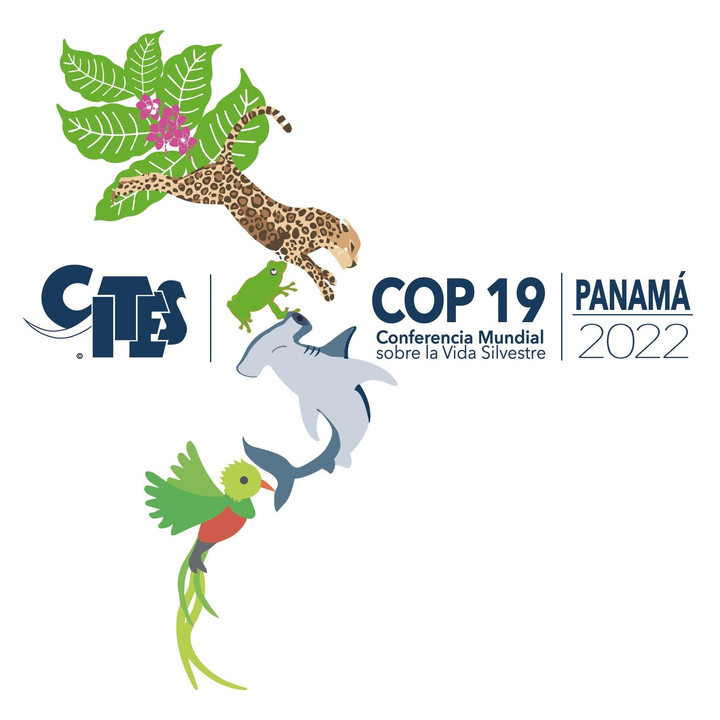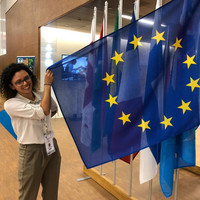
CITES CoP19: The conference deciding the future of big cats
A blog post by Vanessa Amoroso, Head of Wild Animals in Trade at FOUR PAWS
I was lucky enough to grow up surrounded by wildlife and by nature; I always had a deep-seated love for animals and protecting them, with a particular affinity for big cats. Having worked in the animal welfare sector for various NGOs, when the opportunity came to attend my first CITES CoP meeting – I jumped at the chance!
This November, 184 Governments (Parties) from around the globe will meet in Panama, for the 19th Conference of the Parties (CoP19) to the Convention on the International Trade in Endangered Species (CITES). National and international enforcement agencies and NGOs (including us!) will also attend, and we’ll take part in discussions about what the main issues are when it comes to trade and which species need better protection from international trade.
Wildlife trade is in short, taking and selling dead or living, plants and animals and the products you make from them. For big cats, commercial activities such as breeding, private keeping, interactions, and circus shows are sadly legal in most places of the world (including South Africa, Europe, US, Asia). The conference is a much-needed period for Parties to review and regulate trade for different species.
The main event at CoP are Appendix changes, where Parties discuss whether a species needs a higher or lower level of protection. In CITES language, animals and plants are categorised into three Appendices. Read more about them in the information boxes below.

Appendix I

Appendix II

Appendix III
The work at CITES and CoP is hugely important for the work we do at FOUR PAWS. For years, we have been investigating the commercial trade of live big cats and their body parts and are campaigning to change legislation in key areas of the world – such as South Africa and Europe.
It’s clear to us that current laws are failing to protect big cats and allowing their numbers in captivity to grow, whilst their numbers in the wild are facing increased threats by humans. CITES laws state that tigers cannot be commercially bred for trade in their parts. Both South Africa and Europe are Parties of CITES, yet both are in contravention of the CITES Decision, by intensively breeding and commercially trading Appendix I big cat species and exporting large numbers to Asia.
Our role at CoP19 is to evidence where the system is failing or where international agreements are not being enforced and fight to ensure that the future of big cats is in the wild, not behind bars.
CoP18 in Geneva was eye-opening, and I remember just how the room felt when momentous decisions were made. That's why I'm excited to head over to this year’s CoP19. My wish is for Parties to come together, recognize that there is an extensive commercial big cat trade, and vote to adopt an international big cat agreement.

Vanessa Amoroso
Head of Wild Animals in TradeVanessa has been with FOUR PAWS since September 2021 and has eleven years of experience within the animal welfare sector. She studied Environmental Biology (BSc) and International Animal Welfare, Ethics and Law (PGCert). At FOUR PAWS, she focuses on the the commercial big cat trade campaign in South Africa and the European trade of tigers. Also, she is part of the Pandemics and Animal Welfare campaign as the wildlife trade component.

